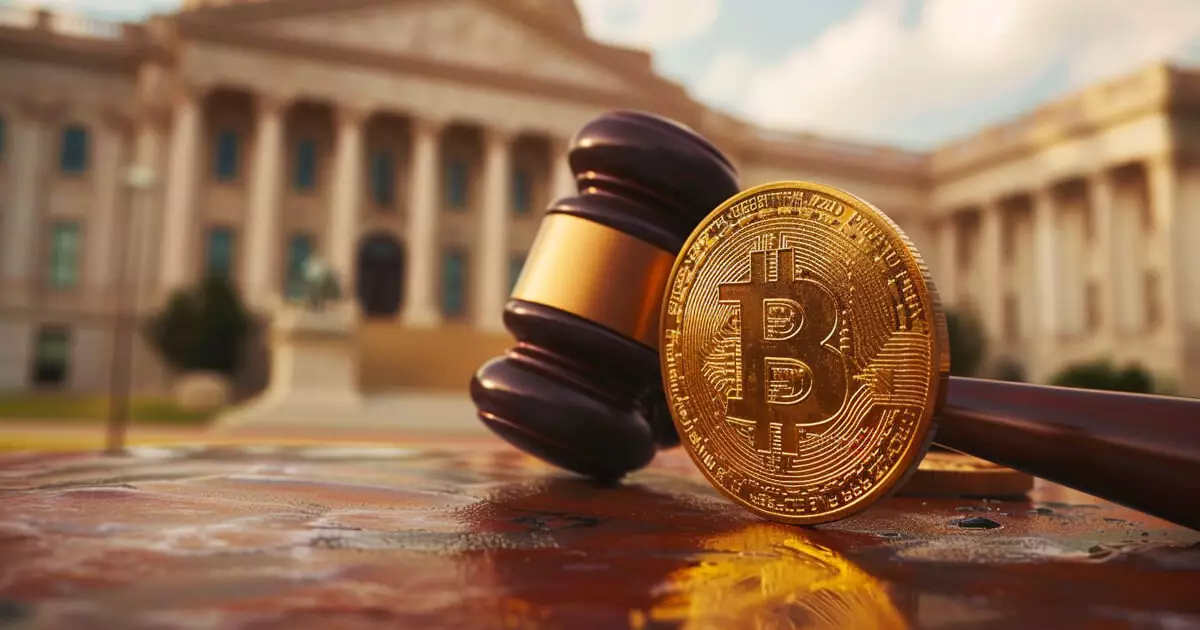Recently, Oklahoma made a significant move by signing into law a bill that protects crypto-related rights. This bill, known as HB 3594, was approved by Governor Kevin Stitt and is set to come into effect on November 1. The key features of this bill include preventing the state government from restricting the use of crypto in purchases or self-custody, as well as prohibiting additional taxes or charges specifically targeting crypto transactions.
Support for Crypto Mining Businesses
One of the essential aspects of HB 3594 is its protection of home crypto mining and mining businesses. The bill declares it legal to engage in both types of mining in Oklahoma, allowing mining companies to operate in industrial zones without facing unnecessary restrictions. Furthermore, it outlines the process by which political subdivisions can potentially change zoning regulations for mining businesses, while ensuring that noise restrictions and other rules do not unfairly target crypto mining operations.
The bill also addresses the role of the state’s public utilities commission, prohibiting the creation of discriminatory rate schedules for mining companies. Additionally, it eliminates the requirement for parties engaged in mining or operating blockchain nodes to obtain a money transmitter license. By doing so, Oklahoma becomes the first state to formally codify the rights of its citizens to run nodes, mine crypto, and self-custody their Bitcoin.
Leaders in the crypto industry have praised Oklahoma’s proactive approach to protecting crypto rights. The CEO of Satoshi Act Fund, Dennis Porter, highlighted the bill’s significance in defending against the “onslaught of attacks” on self-custody. This comes at a time when other states, such as Arkansas, have imposed restrictions on crypto mining, citing concerns such as noise pollution. Additionally, US-wide legislation, such as Senator Elizabeth Warren’s Digital Asset Anti-Money Laundering Act, aims to impose similar restrictions on various crypto activities.
Oklahoma’s crypto rights bill sets a crucial precedent for the protection of crypto-related activities within the state. By enshrining the rights of citizens to engage in crypto transactions and mining operations, Oklahoma demonstrates its commitment to fostering innovation and economic growth in the crypto sector. This proactive stance also serves as a contrast to the potentially restrictive measures being proposed in other parts of the country, showcasing Oklahoma’s forward-thinking approach to crypto regulation.













